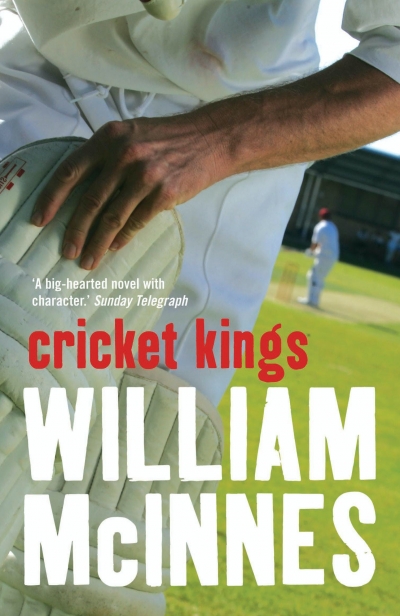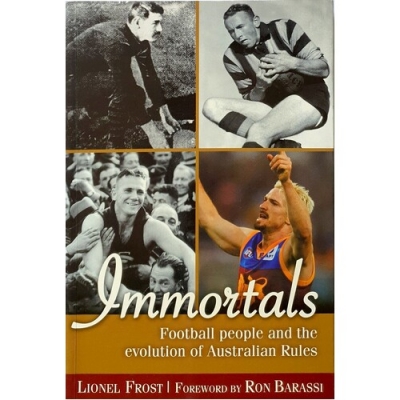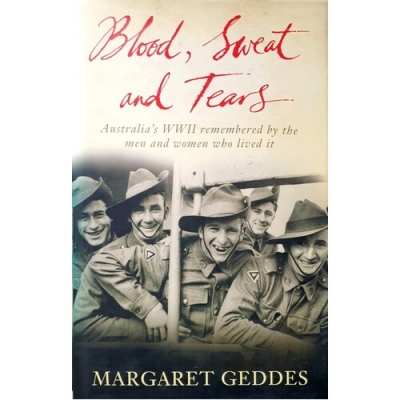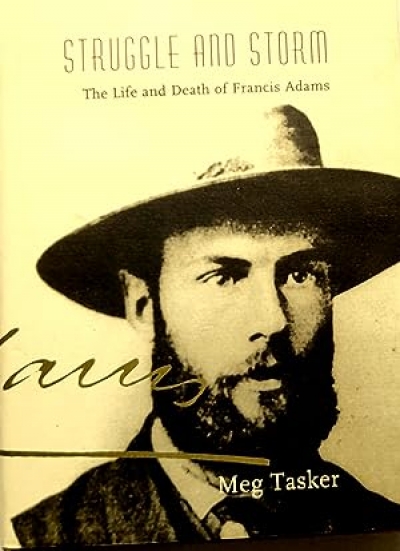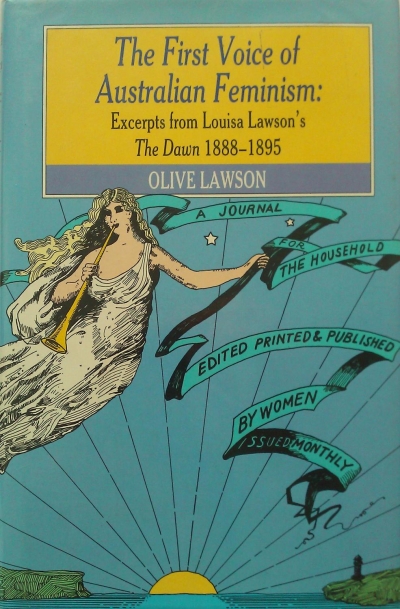Brian Matthews
My Spin On Cricket by Richie Benaud & Out Of My Comfort Zone by Steve Waugh
by Brian Matthews •
Immortals by Lionel Frost & Keeping the Faith by Steve Strevens
by Brian Matthews •
Blood, Sweat and Tears: Australia’s WWII remembered by the men and women who lived it by Margaret Geddes
by Brian Matthews •
Gould’s Book of Fish: A novel in twelve fish by Richard Flanagan
by Brian Matthews •
Struggle and Storm: The life and death of Francis Adams by Meg Tasker
by Brian Matthews •

